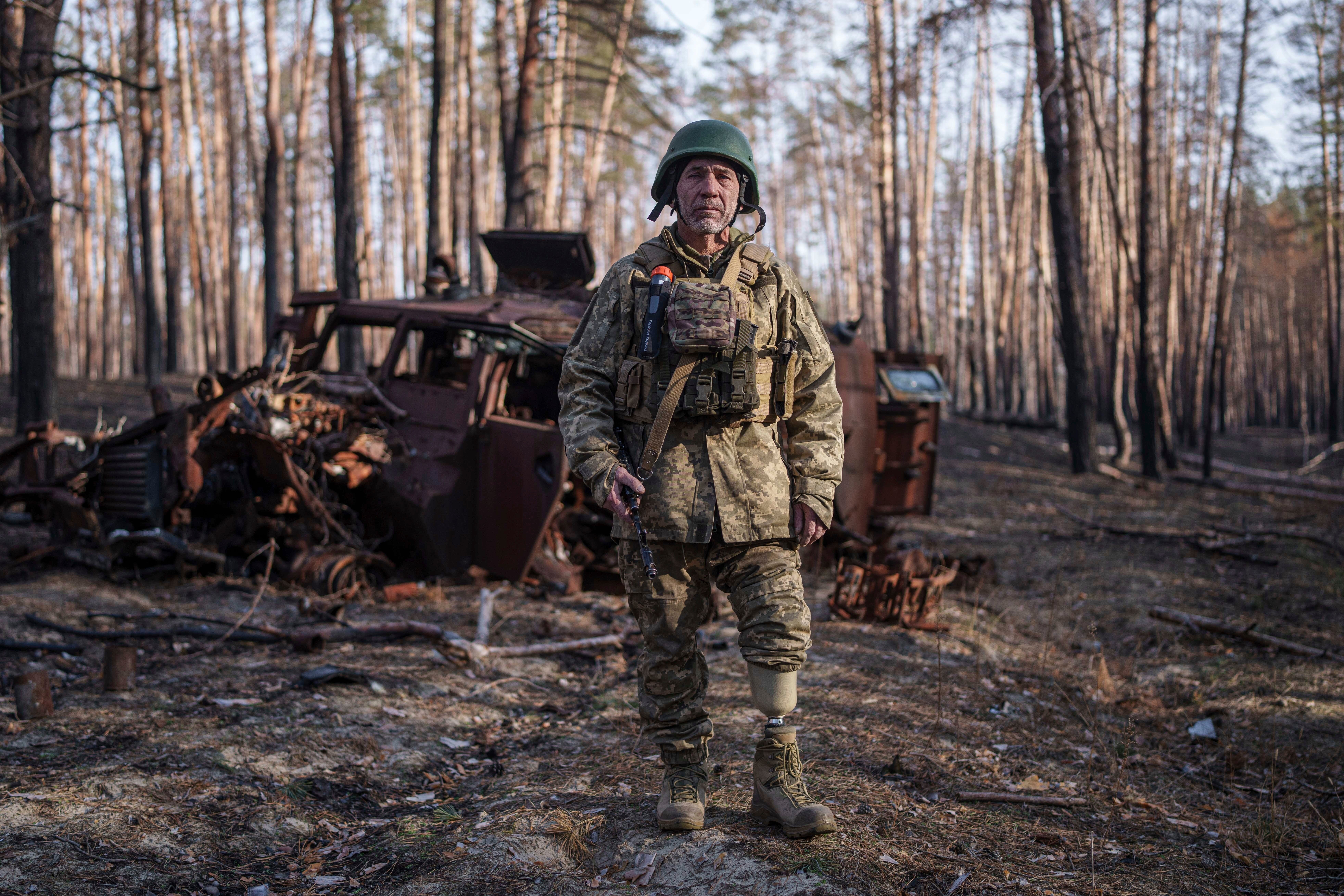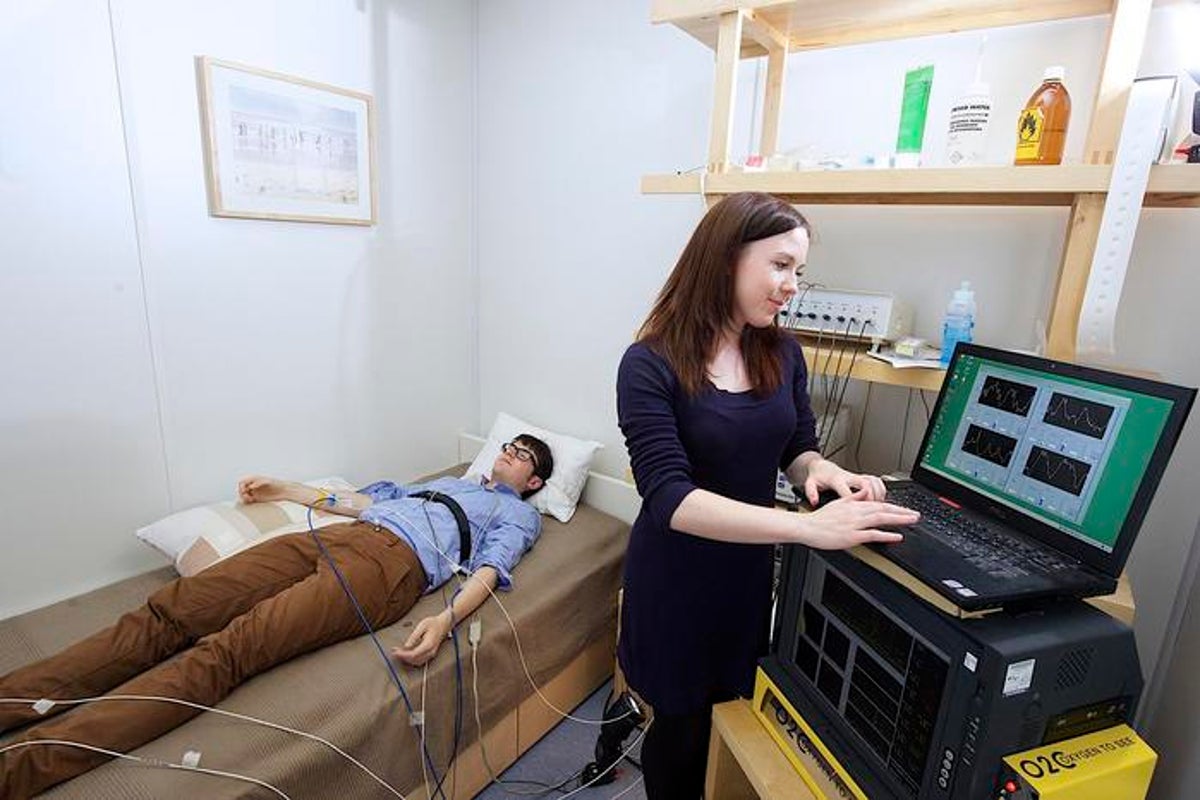Three years ago, in the early hours of 24 February 2022, after weeks of visible preparations and a crescendo of warnings from Western intelligence services, Russia launched an all-out military attack on Ukraine by air, land and sea. It was the first invasion of a sovereign state in Europe by another sovereign state since the Second World War and, by virtue of that very fact alone, it shocked the continent to its core.
In Europe we had deceived ourselves into thinking that such wars had been forever consigned to the past. That was disproved in the most brutal fashion possible.
The war that has followed has continued to shock, with the scale of bloodshed and destruction, ever since. Today, The Independent lays bare the cost of this conflict in all its grim detail.
For Ukraine, tens of thousands of lives have been lost and many more injured, including thousands of civilians. Millions have been displaced; 4 million inside Ukraine, and an estimated 3 million now beyond its borders – largely women and children who are the country’s future and may never return. A fifth of its territory is occupied. Ukraine’s infrastructure, including swathes of urban housing and vital energy infrastructure, will need comprehensive reconstruction. Its GDP has been reduced, at a conservative estimate, by one-third.
Ukraine’s Western allies, the UK included, have spent billions on military, economic and humanitarian assistance. Some of it loans, some in grants, to the point where their own defence stocks have been depleted. While difficult to confirm, the evidence is that Russia has also suffered hundreds of thousands of casualties; it has also been forced to increase defence spending, even if Western sanctions have failed so far to dent its GDP. Such is the cost of three years of war, with – let there be no confusion – the highest and most catastrophic costs falling on Ukraine.
Three long years. It is probably fair to say that no one, whether in Russia or Ukraine, Europe or the United States, envisaged that the war begun on that February night would ever enter its second, let alone its fourth, year. The initial assumption appeared to be that Ukraine would be subjugated to Russia within days if not hours and that Europe and the US would, after much ferocious rhetoric, content themselves with imposing sanctions, as it had done after Russia illegally annexed the Crimean Peninsula in 2014.

But this did not happen for reasons that are both positive and negative. Ukraine’s democratically elected president, Volodymyr Zelensky, was determined to stay and fight and has led his country with immense personal courage – something that must never be forgotten amid some of the scurrilous and ill-informed slurs directed towards him from across the Atlantic. One person can change history. The same valour has been shown by Ukrainians in defending their country.
The then UK prime minister, Boris Johnson, rose to the challenge, followed by subsequent UK governments, up to and including Sir Keir Starmer. The European Union has shown a rare degree of unity in its efforts to isolate Russia and support Ukraine, whether with support for refugees, or weapons. There have been delays in meeting Ukraine’s needs, and hesitation in supplying more advanced weapons, but European support has been sustained, at an economic cost to the contributing countries, especially Germany.
The last US administration also responded with military and financial assistance that at least matched that provided by the Europeans. To the relief of many, especially those closest to Russia’s borders, the US reinforced its role in European defence, to all appearances for the long term.
Another, crucial, reason why the war has continued to this day is undoubtedly Russian weakness. The blitzkrieg that president Vladimir Putin had apparently planned, failed, and Moscow was reduced to waging a messy war of attrition, fighting for relatively modest territorial gains inch by inch and at considerable human cost. Whatever advances it has made, have been at far higher cost than it surely envisaged, including a sliver of its territory that is now occupied by Ukraine.
But the tide of the war has been gradually turning in Russia’s favour. And on the third anniversary, some fundamental changes are in the air. Ukraine has difficulties mobilising sufficient troops. The solidarity of the EU, while strong in words, has diminished in practice, with anti-war parties increasing their vote in some countries. But the key change has been with the arrival of the Trump administration in the White House, its abrupt change of direction away from Europe in its foreign and defence policy, and its view of Ukraine as primarily a European responsibility, even as it talks of ending the war without necessarily involving Ukraine.
The logic of all these changes suggests that peace talks are imminent. But it also means that Europe, including the UK, must unite behind Ukraine with the same commitment as it showed three years ago. That includes pressing for any agreement to include safeguarding Ukraine as an independent and sovereign state, ensuring that war crimes are punished, and, perhaps as a first step, guaranteeing the return of all abducted children.
Before this anniversary, thousands of exiled Ukrainians marched through London and many other cities around Europe, the forests of blue and yellow flags a salutary reminder that, amid all the other urgent international issues, there is a hot war right here in Europe that is still being fought. On this day, we add our voice to theirs in support of a just peace that also eliminates the threat of another war in the long term. Slava Ukraini.





